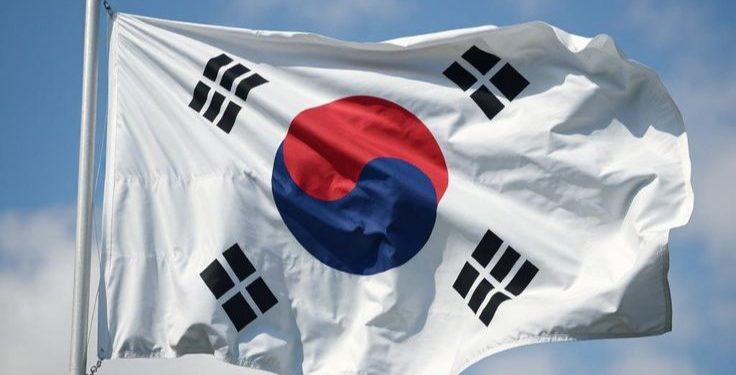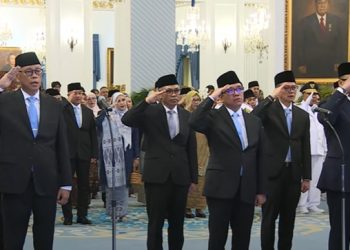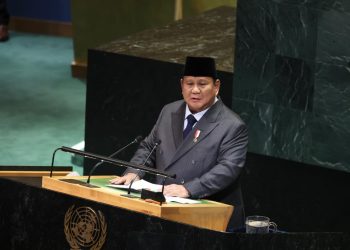Jakarta, Indonesia Sentinel — South Korea has officially entered the ranks of a ‘super-aged society’. South Korea’s Ministry of Interior and Safety announced on December 24 that the percentage of elderly people surpassing 20% of the total population.
The United Nations has defined a “super-aged society” as one where more than 20% of the population is aged 65 or older. According to Detik Health, the ministry reported that South Korea now has 10.24 million people aged 65 and above, making up 20% of the country’s total population of 51.22 million.
The ministry also highlighted a gender disparity among the elderly population, with women outnumbering men. Of the total population, 17.83% of men and 22.15% of women are aged 65 or older, reflecting a gap of 4.32 percentage points.
Regionally, South Jeolla Province recorded the highest proportion of elderly residents at 27.18%, followed by North Gyeongsang at 26%, Gangwon at 25.33%, and North Jeolla at 25.23%. In the capital, Seoul, seniors make up 19.41% of the population.
“The government urgently needs to establish a dedicated ministry focused on population policies to systematically address the demographic crisis,” an official from the ministry stated, referring to earlier government plans to launch a new ministry for demographic issues.
Birth Rates Show Promising Increase
Amid the aging population crisis, South Korea reported its highest monthly increase in births in 14 years, offering a glimmer of hope.
According to CNN Indonesia, data from Statistics Korea released in December 26 shows 21.398 babies were born in October 2024. The data marks a 13.4% increase from 18,878 births in the same month last year. This jump represents the largest year-on-year rise since November 2010, when births surged by 17.5%.
Statistics Korea official Im Young-il noted an increase in second-child births, attributing the rise to delayed weddings during the early stages of the COVID-19 pandemic.
The number of marriages also increased by 22.3% year-on-year to 19,551 in October 2024, the highest on record. Meanwhile, divorces decreased by 7.8% to 7,300 cases during the same period.
South Korea has long struggled with one of the world’s lowest fertility rates as many young people delay or forgo marriage and parenthood due to financial and social pressures.
In response, the government has introduced incentives such as marriage subsidies and expanded childcare support to encourage families to have more children.
Gen Z Dating Slang: Understanding Terms from ‘Rizz’ to ‘Throning’
In contrast to the rise in births, the number of deaths fell by 3.2% year-on-year to 29,819 in October 2024. However, the country still recorded a natural population decline of 8,421 people in October, continuing a trend where deaths have outpaced births since the fourth quarter of 2019.
South Korea’s demographic trends remain a pressing concern as the nation balances an aging population with efforts to boost birth rates and maintain economic stability.
(Raidi/Agung)


























